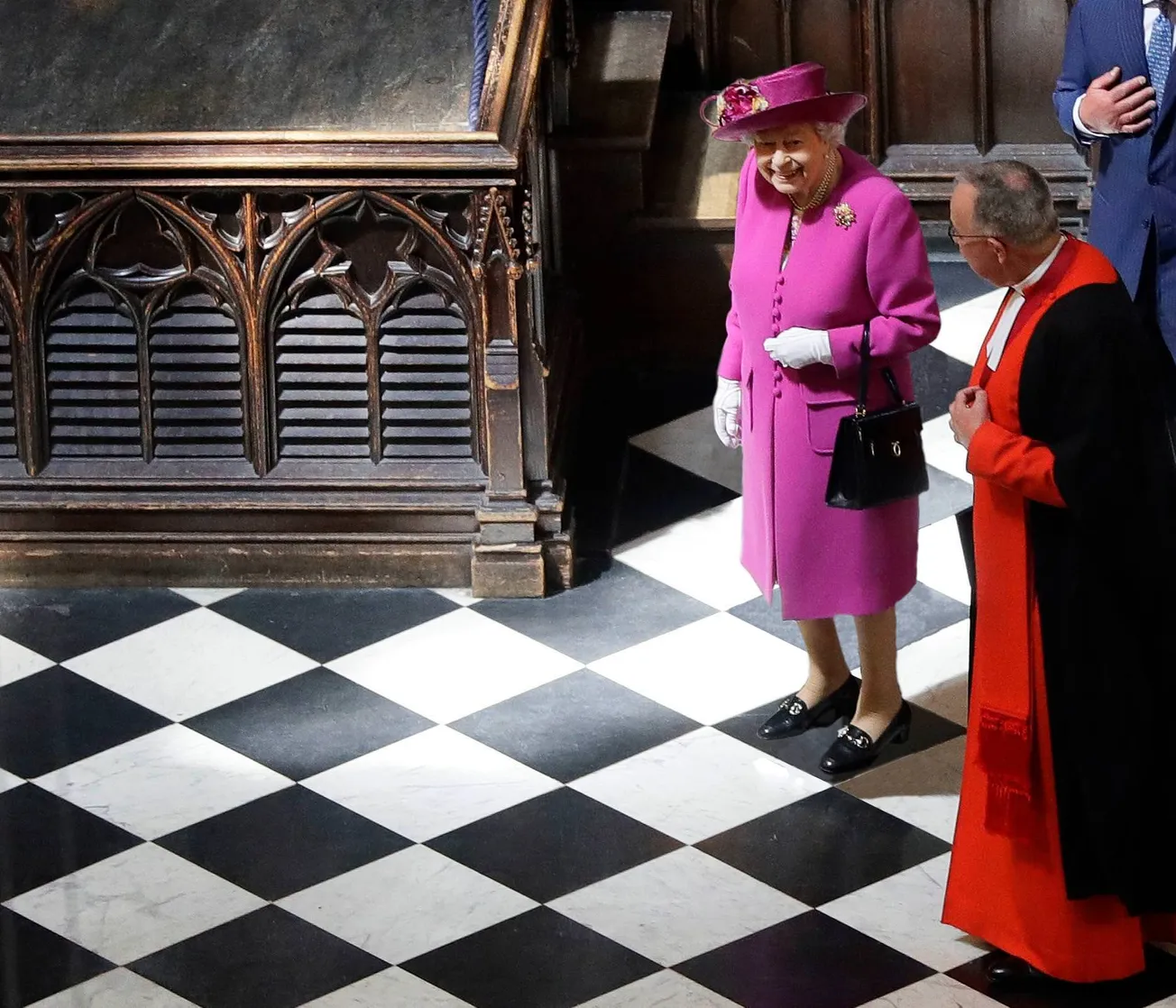Table of Contents
Ann Farmer
mercatornet.com
Ann Farmer, mother of three, grandmother of five and permanently disabled, is based in Woodford Green, Essex. She is a poet, illustrator, writer and pro-life feminist devoted to defending the natural family and the weakest in society from abortion and euthanasia. She has published a number of book and contributes to Gript, The Conservative Woman, MercatorNet and The Imaginative Conservative websites.
Our late Queen, notes one of many editorials of the past week, was “a woman of profound personal faith,” something to which she regularly referred in her Christmas broadcasts to the nation. “Her plea for God’s help was much more than a rhetorical flourish,” the writer adds. (“We owe it to our Queen to cherish our union,” Daily Express, September 13, 2022).
The outpouring of grief at Queen Elizabeth II’s death at 96 years old may be a sign that, after a reign of over 70 years, many of us had grown so accustomed not merely to her faith, but to her sterling personal qualities and her dogged dedication to her nation, that only in her death are we finally and fully appreciating her life.
Family and societal breakdown
Since Labour Home Secretary Roy Jenkins’s social “reforms” of the 1960s, our society has become mired in personal immorality and social injustice. The descent down the slippery slope has been so gradual that, although we are better off materially than we were 70 years ago, we scarcely noticed the effects on the most vulnerable.
Now we face the stark facts of a rapidly declining birth rate, millions of abortions, thousands of children in State “care”, and the normalisation of divorce and relationship break-up.
Her late Majesty was far from untouched by the scourge of family break-up, but her own personal life was marked by devotion to her children and fidelity to her wedding vows to Prince Philip. Their marriage lasted for 73 years, ending only with his death last year.
Why did she assent to the legalisation of abortion?
Some have claimed that the late Queen could have exercised her royal powers by refusing her assent to the legalisation of abortion.
However, the Royal Assent Act, passed just a few months before David Steel’s Abortion Act came into law in 1967, allowed laws from the UK Parliament to be enacted through the pronunciation and notification of both Houses of Parliament. Moreover, as has been pointed out, the delicate balance that a constitutional monarch has to keep means that if a monarch tried to block certain laws it might provoke a constitutional crisis, placing the monarchy itself in danger.
In theory, the monarch can exercise the power of yea or nay; in practice, such powers have only been exercised in the case of a national emergency.
Clearly, any monarch attempting to block laws with which they disagreed might fail in the attempt but would succeed in giving fuel to the republican movement, possibly ending with no powers at all. To make such an attempt might also be seen as going against the solemn Coronation oath to God, given before men, to exercise all duties within the limited powers of a constitutional monarchy.
Personal witness
In a democracy, it is for the people’s elected representatives to make and unmake laws. The obvious answer to the problem of immoral laws is for Parliamentarians to pass moral laws and amend or repeal the immoral laws. But, whatever the late Queen’s private views on specific legislation, her increasing emphasis on her Christian beliefs could be interpreted as signifying what she actually believed, whatever laws were passed in her name, she believed in a higher law — God’s law.
What once was unremarkable — keeping a vow — is now remarkable, especially under the present Conservative administration, which has made divorce even easier, such that in times to come, a marriage of 73 days will seem remarkable, as marriage becomes a privilege solely for the rich.
At a time when the exception has become the norm, and the deadly remedy for the “hard case” has become the default response to difficulty, it takes true heroism to live a life of virtue.
Normality now comes as a shock, but perhaps the most enduring legacy of Queen Elizabeth II is her remarkably normal life of faith, lived so faithfully. May she be a guiding light to present and future generations, helping us to live our lives with unremarkable yet heroic virtue.
Rest in peace, your Majesty — and thank you for providing us with an example that may yet lead us out of the darkness into the light of true love.








